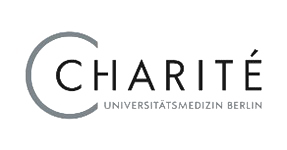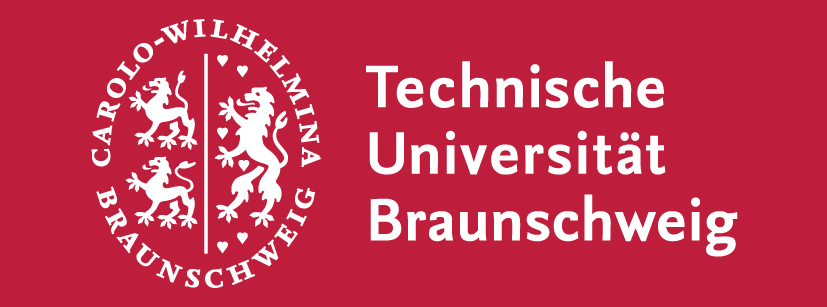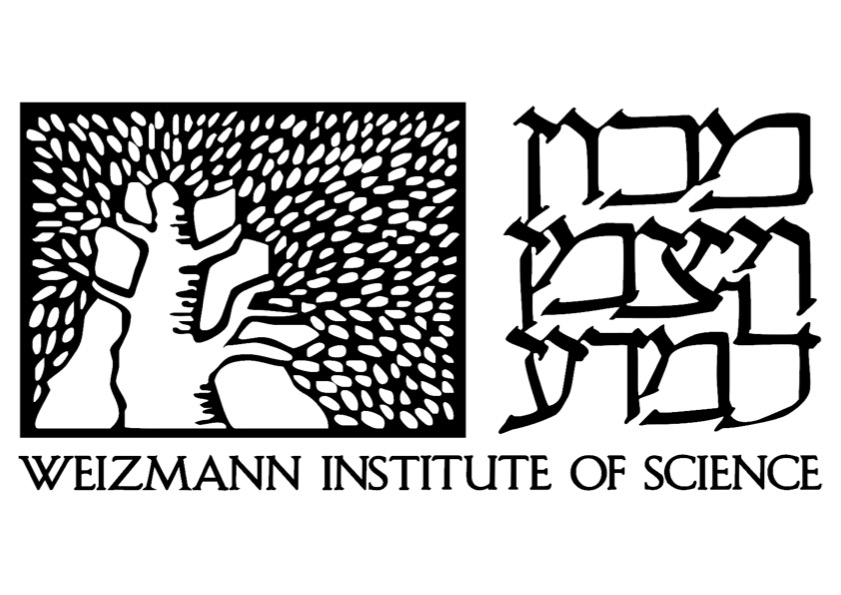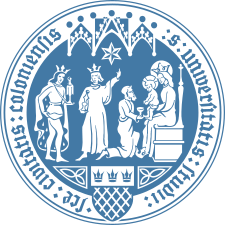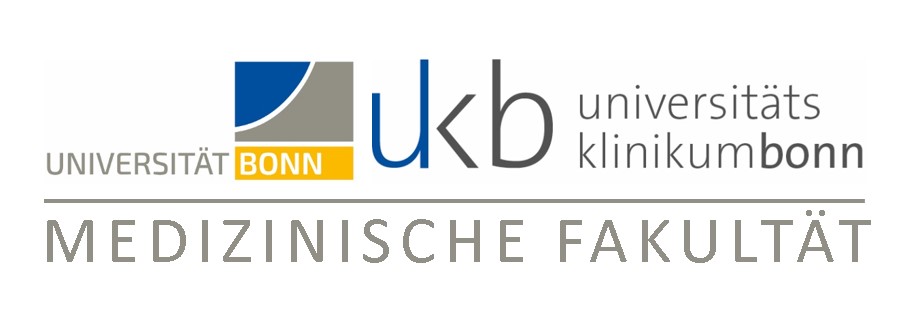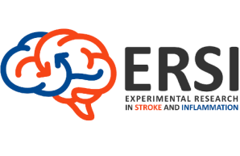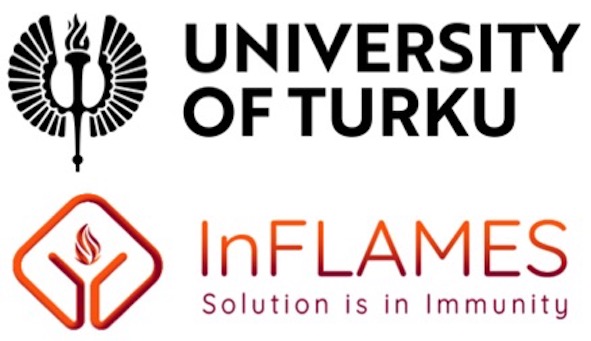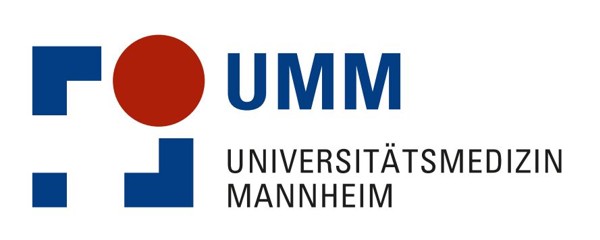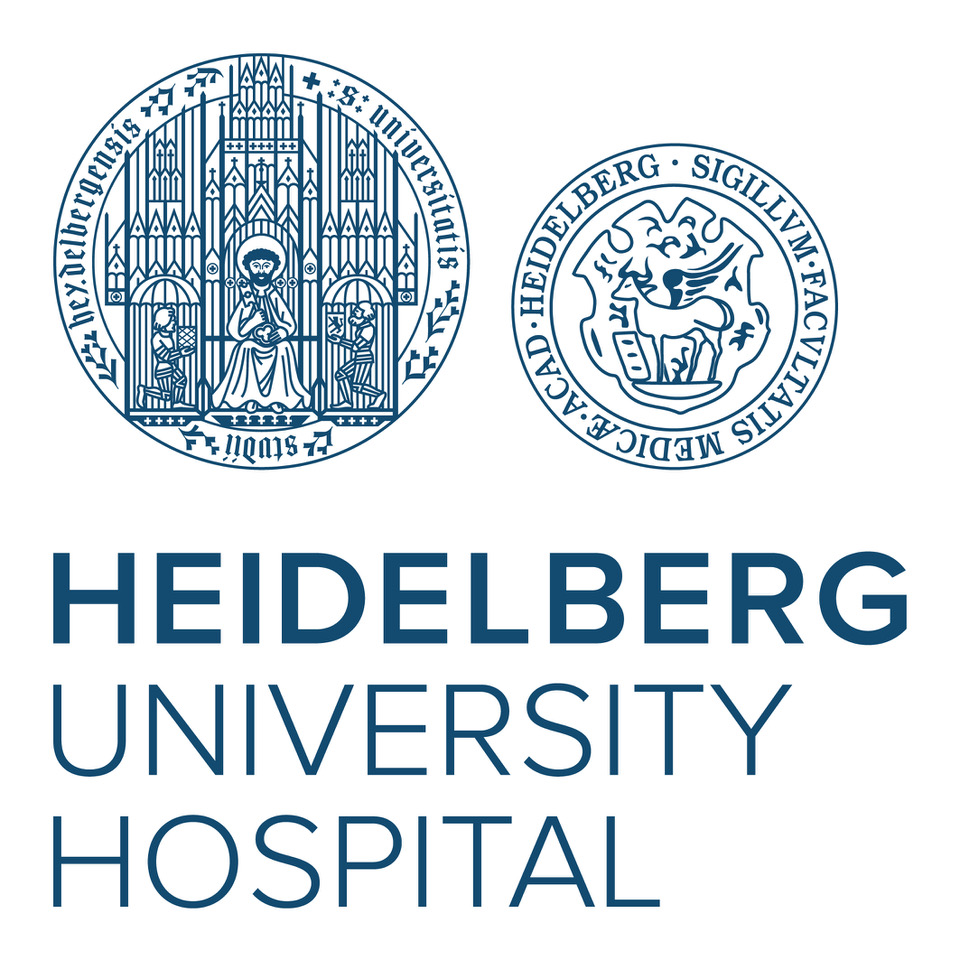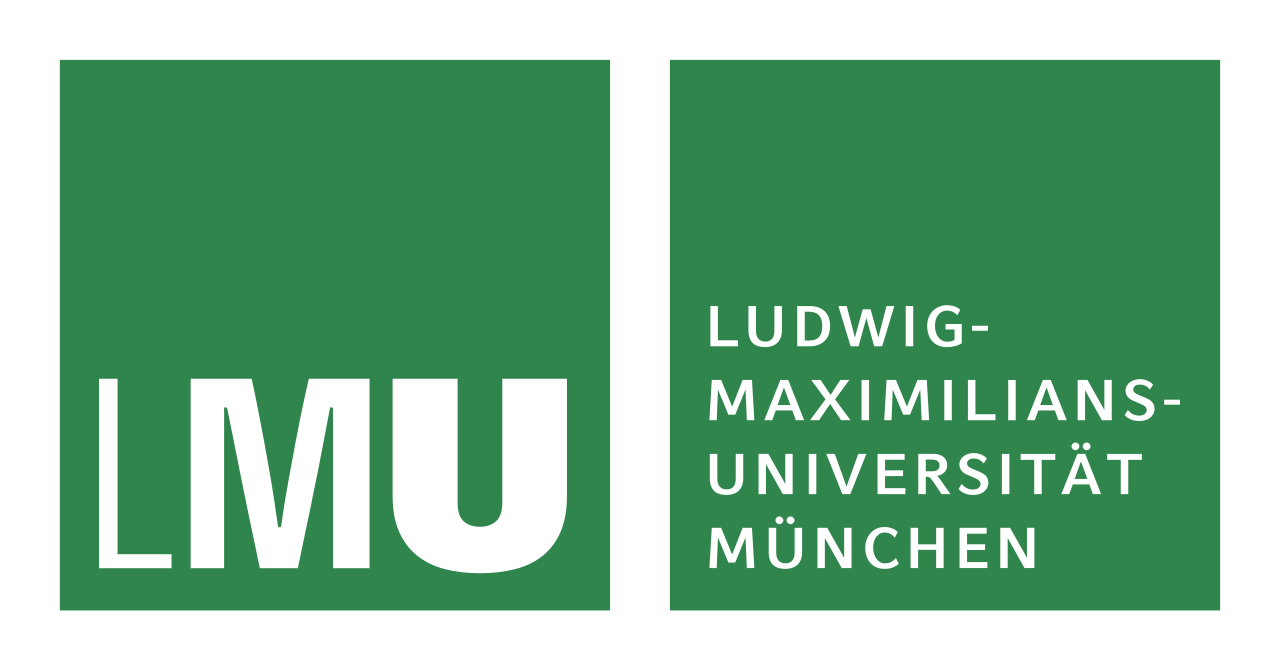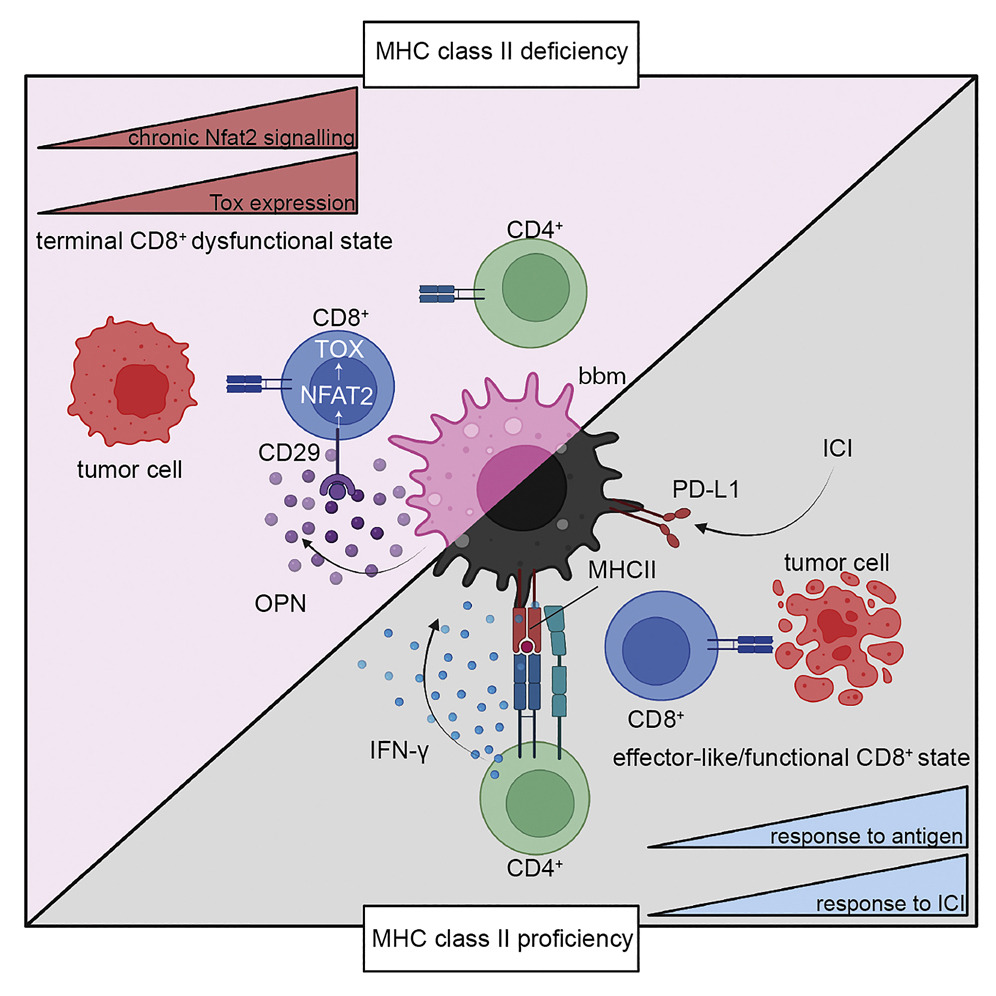Project 14 (2025-2028)
Trained Spp1+ microglial immunity in glioma – (TRAINSPOTTING)
Figure 1. Cross-talk of GAM and T cells shaping CD T cell fitness via Spp1 (Kilian et al., Cancer Cell, 2023)
Our team is investigating how microglia contribute to the development, progression, and treatment response of high-grade gliomas (HGG), a form of aggressive brain cancer with poor survival rates. Despite advances in surgery, radiotherapy, and targeted treatments, these tumors often evade the immune system, in part due to the suppressive influence of glioma-associated myeloid cells (GAM), which include microglia and infiltrating macrophages.
In the first phase of our research, we showed that genetic mutations in gliomas, especially the common IDH1R132H mutation, reprogram microglia toward an immature and immunosuppressive state. This change is driven by the tumor-derived metabolite 2-hydroxyglutarate (2-HG), which alters the epigenetic landscape of microglia. We also demonstrated that these changes impact the effectiveness of immune-based therapies, including IDH1-targeted vaccines and immune checkpoint inhibitors.
Building on these findings, we are now focusing on a key molecule, GAM-derived derived secreted phosphoprotein 1 (Spp1), which marks a specific microglial subtype known to influence immune responses. We aim to understand how different forms of trained immunity - lasting changes in microglial function after inflammatory or genotoxic stress - affect glioma growth and relapse. To do this, we use advanced mouse models and high-resolution single-cell and spatial transcriptomics.
We will specifically study how radiotherapy - a standard glioma genotoxic treatment - can prime microglia into lasting immune states that either support or hinder tumor control. Finally, we are validating our findings using tumor samples from patients enrolled in our clinical trials to understand how microglial states evolve after immunotherapy and radiotherapy.
Our goal is to identify new therapeutic strategies that target these microglial states, particularly Spp1+ microglia, to enhance immune responses and prevent glioma recurrence.
 SPP2395 PREMIER Wiki
SPP2395 PREMIER Wiki 

